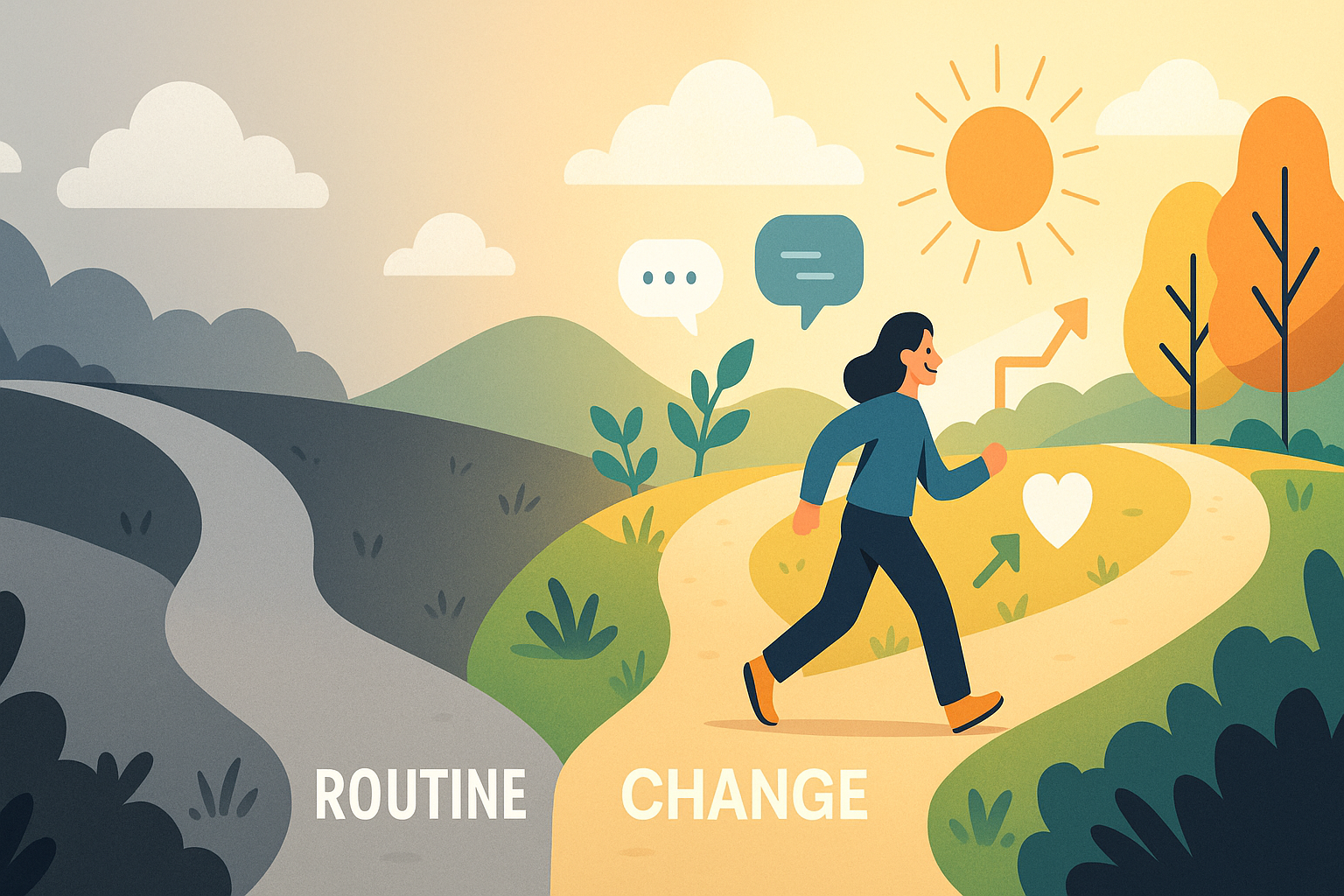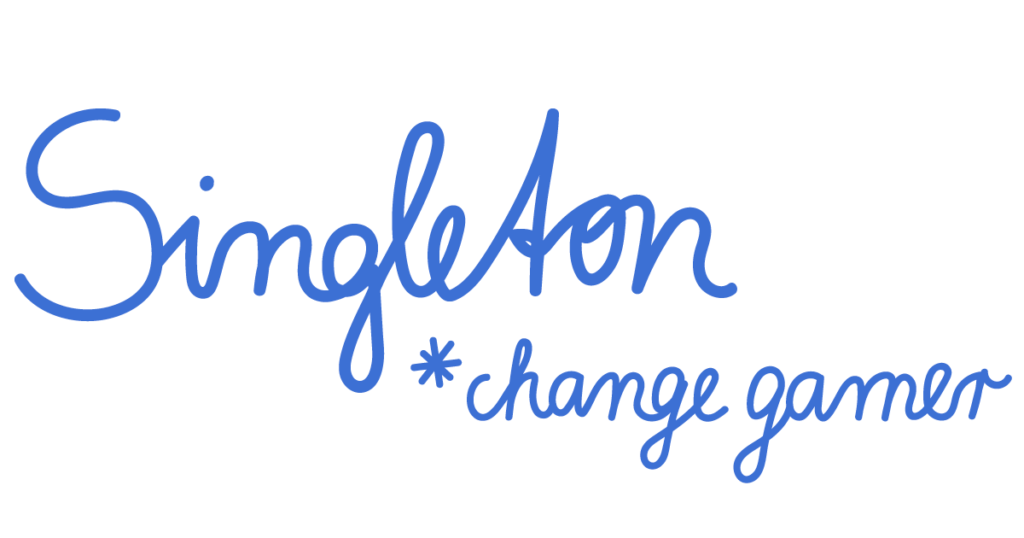
Ah, sleep – that elusive state of blissful inactivity we often sacrifice on the altar of productivity and deadlines. Yet, what if I told you that embracing the zzz’s might just be the secret weapon your organization needs to level up in efficiency, innovation, and employee well-being? It’s time we talk about the silent productivity booster: the critical importance of sleep in the workplace. Singleton Change, a pioneer in gamified solutions for sustainable change and cultural transformation, along with cutting-edge research, sheds light on why organizations need to wake up to the importance of sleep.
Before we dive deep, does this overview align with what you’re looking for? Let’s ensure we’re on the same page to provide the most valuable insights on this topic.
Let’s unravel the intricate tapestry of sleep and productivity, enhanced with insights from Singleton Change and pivotal research findings.
The Cost of Sleep Deprivation on Organizations
In the modern workplace, burning the midnight oil is often worn as a badge of honor. However, the repercussions of sleep deprivation paint a starkly different picture. Employees grappling with insufficient sleep rack up a hefty tab for organizations, costing on average $2,280 more annually due to absenteeism, presenteeism, and diminished performance.
Moreover, the MHI 2023 survey reveals a worrying trend: 31% of employees globally clock in less than the recommended seven hours of sleep, a deficit that can lead to severe health repercussions and even mortality. Singleton Change recognizes this challenge, advocating for a paradigm shift towards prioritizing sleep for enhanced personal growth and organizational development.
The Role of Workload and Adaptability
Diving into the dynamics of the modern workplace, it’s clear that the mountain of tasks and the pressure to juggle them play a huge role in how well employees hit the hay at night. The connection here is pretty straightforward: too much work plus too little flexibility equals a recipe for sleepless nights. It turns out, though, that the ability to roll with the punches—adapting smoothly to those curveballs life throws our way—might just be a game-changer for catching more Zs.
This isn’t just about finding more hours in the day to sleep; it’s about reshaping our approach to work and change itself. If employees can navigate shifts in their workload or sudden changes with more ease, they’re less likely to take those stresses to bed with them. This means organizations need to look beyond the traditional fixes. We’re talking about fostering an environment where adaptability is not just encouraged but ingrained in the culture. This could mean providing training that enhances resilience, encouraging a mindset that sees change as an opportunity rather than a threat, or simply promoting a work culture that values flexibility and supports its team members in tangible ways.
Improving sleep satisfaction through better adaptability to workload and change isn’t just wishful thinking. It’s a strategic move that can enhance well-being, productivity, and overall job satisfaction. After all, a well-rested employee is a happier, more effective one. So, as organizations, it’s time to take a hard look at our work cultures: Are we creating an environment that nurtures adaptability and, by extension, better sleep? Or are we stuck in a cycle that sacrifices our team’s well-being for the sake of productivity? The answer to these questions could very well determine our next steps towards fostering a healthier, more resilient workforce.
Interventions for Better Sleep
Employers aren’t powerless in the face of sleep challenges. Interventions like optimizing work environments for natural light, promoting healthy eating, and discouraging after-hours work can make a considerable difference. Furthermore, incentivizing sleep prioritization and celebrating leaders who exemplify balance can cultivate a culture that cherishes rest as much as results.
Sleep Leadership: A New Frontier
Effective sleep leadership can lead to improved sleep quality and quantity among employees, suggesting a significant impact on civilian workplaces similar to findings in a military context. The concept of ’sleep leadership‘ highlights the influence leaders have in promoting healthier sleep habits. Professor Brian Gunia’s research (Johns Hopkins Carey Business School Professor) underscores how leadership behaviors, from setting boundaries against late-night emails to adjusting schedules, can significantly impact employees‘ sleep quality. This not only benefits individual well-being but enhances overall organizational health.
How can you, as a leader, turn the tide on sleep deprivation and its costly impacts? Here are concrete steps to not only boost productivity but also cultivate a healthier, more resilient team:
- Set Realistic Work Expectations: Cultivate a culture that values balance. Make it clear that the organization does not expect or reward overworking at the expense of personal health.
- Embrace Flexible Work Arrangements: Allow for varied schedules and remote work where possible. This acknowledges individual differences in sleep cycles and personal obligations, enabling employees to work when they are most rested and alert.
- Limit After-Hours Communication: Encourage employees to disconnect after work. Establish clear guidelines about after-hours communication to help employees enjoy uninterrupted personal time.
- Lead by Example: Leaders should model healthy sleep habits. Demonstrating a commitment to well-being encourages employees to prioritize their own sleep.
- Conduct Regular Check-Ins: Engage with employees about their workload and stress levels. Offer support and resources to address challenges that may be affecting their sleep.
- Optimize the Work Environment: Consider the physical workspace. Access to natural light, quiet work areas, and healthy food options can all contribute to better sleep.
- Educate and Support: Provide resources and training on the importance of sleep and strategies for improving sleep hygiene. Consider offering programs or tools that help track and improve sleep quality.

Practical Strategies for Enhancing Sleep
Struggling with sleeping yourself? Singleton Change and experts from Harvard Medical offer tangible strategies for improving sleep. These range from maintaining consistent routines and seeking morning light to avoiding caffeine late in the day and establishing a relaxing pre-sleep routine. Such practices are crucial for navigating stressful times and fostering a resilient, high-performing workforce.
- Establish Consistent Routines: Stick to a regular sleep schedule, even on weekends. Consistency reinforces your body’s sleep-wake cycle.
- Seek Morning Light: Exposure to natural light in the morning helps set your body clock, improving your mood and energy levels throughout the day.
- Exercise Regularly: Physical activity can help you fall asleep faster and enjoy deeper sleep, just be sure not to exercise too close to bedtime.
- Create a Pre-Sleep Ritual: Engage in relaxing activities before bed, such as reading or taking a bath, to signal your body it’s time to wind down.
- Monitor Your Diet: Avoid heavy or large meals within a couple of hours of bedtime. Caffeine and nicotine should be limited, especially in the evening.
- Optimize Your Sleep Environment: Ensure your bedroom is cool, dark, and quiet. Invest in a comfortable mattress and pillows.
- Limit Daytime Naps: If necessary, keep naps short and avoid napping late in the day to not interfere with nighttime sleep.
- Manage Stress: Try to resolve your worries or concerns before bedtime. Techniques like journaling, meditation, or deep breathing can be beneficial.
- Electronics Ban: Turn off electronic devices at least an hour before bedtime to reduce blue light exposure, which can interfere with sleep.
- Stay Hydrated, But Not Too Late: Drinking enough water is crucial, but try to limit fluids before bed to minimize nighttime awakenings to use the bathroom.
Singleton Change: Pioneering Sleep-Friendly Cultures
Singleton Change’s innovative approach integrates seamlessly with the principles of sleep leadership and healthy sleep habits. By breaking down complex change into gamified, actionable tasks, Singleton Change not only empowers employees in their personal growth journey but also in their quest for better sleep.
Conclusion: A Call to Action for Organizational Transformation
The silent productivity booster, sleep, demands a louder conversation in the realms of organizational development and employee wellness. It’s an invitation for leaders to pioneer sleep-friendly cultures. By prioritizing sleep, organizations can unlock a treasure trove of benefits: from heightened productivity and creativity to improved health and morale.
Let’s not sleep on this opportunity to redefine what it means to be truly productive and successful, both individually and collectively. In the pursuit of excellence, may we all rest a bit easier.
Ready to Elevate Sleep Leadership in Your Team? Let's Make It Happen.
Understanding the pivotal role sleep plays in productivity, creativity, and overall well-being is just the start. If you’re looking to harness the power of sleep leadership within your organization, we’re here to guide you every step of the way. Imagine creating a workplace where everyone can be a champion of not just sleep leadership but also other transformative practices. It’s not just a dream—it’s a possibility we can help you realize.
Don’t let another sleepless night impact your team’s potential. Reach out now, and let’s start crafting a strategy that puts well-being and performance at the forefront of your organizational goals. Together, we can unlock the true power of rest.
Want to explore more? Here are some resources we found useful:
FAQs
1. Why is sleep so crucial for organizational productivity?
Sleep is essential for cognitive function, emotional regulation, and overall health. Well-rested employees are more productive, creative, and less prone to errors and accidents.
2. How can leaders promote better sleep habits in their teams?
Leaders can set realistic work expectations, embrace flexible work arrangements, limit after-hours communication, and model healthy sleep habits to encourage their teams to prioritize sleep.
3. What are some effective interventions to improve sleep in the workplace?
Organizations can optimize work environments for natural light, promote healthy eating, discourage after-hours work, and celebrate leaders who exemplify balance.
4. What is 'sleep leadership' and why is it important?
‚Sleep leadership‘ refers to the influence leaders have in promoting healthier sleep habits among their employees. It is important because it can significantly impact employees‘ well-being and overall organizational health.
5. What practical strategies can individuals use to improve their sleep?
Individuals can establish consistent routines, seek morning light, exercise regularly, create a pre-sleep ritual, monitor their diet, optimize their sleep environment, limit daytime naps, manage stress, reduce electronics use before bed, and stay hydrated.
Share:

Meik Ramey
Hi, I'm Meik. My passion for games and new work drives me to develop innovative solutions for a better working world. We spend an average of 90,000 hours of our lives working – that's why it is my mission to help companies make this time motivating and rewarding for their employees.
Table of Contents
Related Posts

Warum Willenskraft nicht reicht – Die 6 Einflussfaktoren für erfolgreiche Verhaltensveränderung
Verhaltensänderung scheitert selten an Motivation – sondern an Strategie. 6 wissenschaftlich fundierten Faktoren für Verhaltensdesign.

Veränderung gestalten statt scheitern: Wie du mit Mikrointerventionen Widerstände im Change Management überwindest
Viele Change-Prozesse scheitern an Widerstand. Erfahre, wie Mikrointerventionen und psychologische Sicherheit echte Veränderung ermöglichen.

Data Mindset HR Challenge: 1.241 Mikro-Schritte zu einem datenbasierten HR
Evidenzbasiertes HR-Learning: Wie Mikro-Interventionen die Datenkultur verändern
Die Data Mindset HR Challenge mit 100 Teilnehmenden zeigt: Der Wandel zur datenbasierten Arbeitsweise gelingt nicht durch komplexe Tools, sondern durch kontinuierliche Mikro-Schritte im Arbeitsalltag. Die Analyse der 1.241 durchgeführten Aufgaben liefert überraschende Erkenntnisse: HR-Profis nutzen Daten primär für fundierte Argumentation (48,7%) und zum Verstehen von Zusammenhängen (52,5%) – weniger für operative Entscheidungen.
Besonders aufschlussreich: Die individuelle Datennutzung (3,5/7) liegt bereits über der Abteilungskultur (3,1/7). Engagierte Einzelpersonen treiben als Vorreiter den Wandel voran, während organisatorische Strukturen nachziehen. Die Daten zeigen einen klaren nächsten Schritt: Nach erfolgreichem Mindset-Shift wünschen sich 61,5% der Teilnehmenden bessere Tools.

Data Mindset HR: Praxisnahe Datenkompetenzen entwickeln
Entwickle dein Data Mindset in HR – ohne komplexe Tools. 3 Wochen kostenlose Challenge mit Expert:innen. Tägliche Mini-Challenges für die Praxis. Jetzt starten! 🚀

